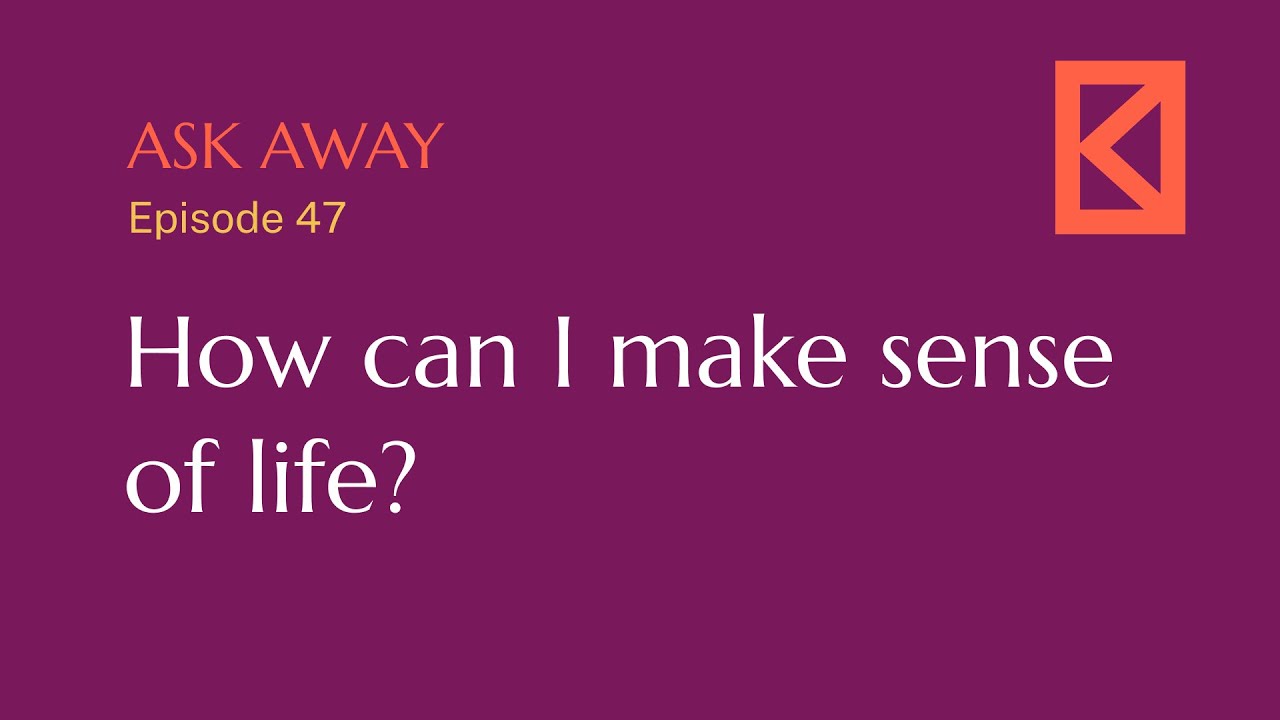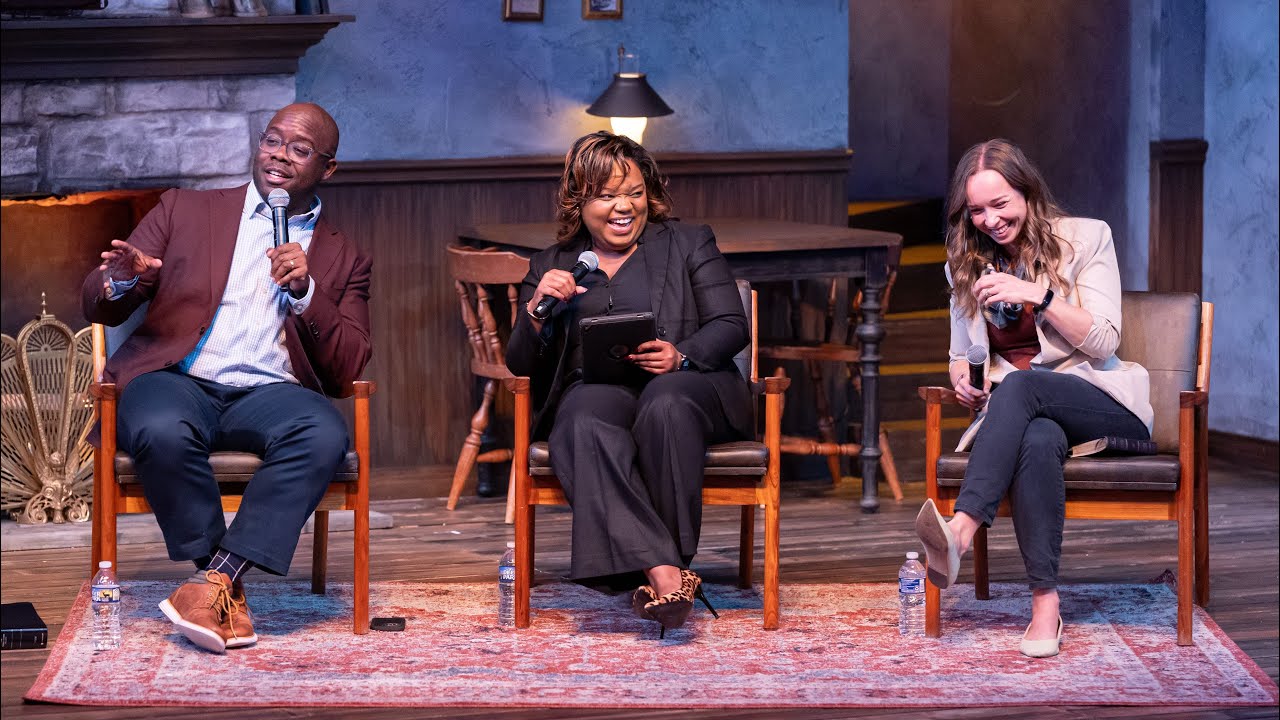In one of the first substantial conversations I had on the topic of suffering, my aunt Regina expressed to me how difficult it was to see her son, Charles, struggle with a profound disability. Putting the question before the questioner, I began spouting some of my abstract, philosophical ideas about why God might allow suffering. After listening very graciously, Aunt Regina turned to me and said, “But Vince, that doesn’t speak to me as a mother.”
Since that conversation I have been convinced that questions as personal as those about suffering require a very personal response. But when as a graduate student I began to dig deeply into the literature on “the problem of evil,” that is not generally what I found. I found many abstract discussions of greater goods, maximization of value, and best possible worlds. Sometimes these discussions were cashed out in terms of an economic model whereby costs are evaluated primarily for their instrumental use in increasing profit. Other times they leaned on aesthetic analogies—ugly brown blotches can make an impressionist painting more beautiful when viewed as a whole.
But while cost-benefit analyses may be useful in economics and ugly brown blotches may befit impressionist painting, it should unsettle our thinking when the costs and blotches are people’s lives being torn apart. So as I approached the dissertation stage of my doctoral work, I was in search of a different type of response to the problem of evil. With Aunt Regina still in mind, I worried that the most popular theories depicted God as at best an impartial bureaucrat and at worst a utility fanatic, rather than as a loving parent concerned first and foremost for his children.
My wife Jo and I recently had our first child—Raphael. The depth of our love for him is difficult to articulate fully because it is so particular to him. The question “Why do you love your child?” barely makes sense to us. “What do you mean why do we love him? He’s our child; we made him; he’s in our image; he has my nose!” That’s enough to justify our love for him. That’s more than enough.
Our love for Raphael is not conditional on how impressive he is, how good looking he is, or how productive he will be for society or for the family business; it is not even conditional on how good of a person he will grow up to be. None of that would affect the measure of my love for him or my desire for him to exist as my child. If I were offered a genetically enhanced superbaby in his stead (now only barely science fiction)—one who would accomplish more, suffer less, and make fewer mistakes—I would have no interest. No one could get me to make that trade. There is an intense particularity to the best forms of love. This is equally true of my marriage to Jo. “For better or for worse,” I pledged. In other words, even if life were to be worse overall, I would rather be worse off with Jo than better-off with anyone else.
If God’s parental love is particular and unconditional in this way, then there is something amiss about insisting that God ought to have created a better world. As a loving parent, God’s primary creative desire would not have been for some general type of world. His primary desire would have been for particular individuals, created in his image, loved unconditionally and for their own sake. I have come to believe that God created this world because he loves you and the people you love and every person you see walking down the street.
But why not create us better? Well, perhaps easier asked than done. In a moment of deep sadness, I might wish that God had created me as a happy little butterfly. But, of course, this is an incoherent complaint. I couldn’t have been a butterfly. Likewise, in a moment of frustration with me, Raphael might one day wish that Jo had wound up with a different guy. But in his rashness to find a better dad, Raphael would be forgetting that any child produced by a different couple would not have been him. How much can our circumstances deviate and still result in us? Perhaps not as much as we sometimes assume.
This thought can be made even more concrete. A couple of years ago a dear friend of mine and Jo’s suffered a miscarriage. Some people said, “You already have three beautiful children; you have so much to be thankful for.” But that was not comforting. No amount of other children would have been comforting. There was a fierce particularity to our friend’s love; she had a Christ-like longing for the one who was lost.
Not long afterward our friend became pregnant again, and she had a beautiful baby boy. Jo and I were honored to be present at his dedication, and just before he was dedicated our friend spoke these words to her baby:
[Son], you were longed for—an answer to a prayer and to more than a prayer. Standing by us right now is a weeping willow tree that lights up each night in remembrance of a little one I carried before you. Often now, as I stare at your face and memorize your features, I am reminded that you are this magnificent, beloved life that came from loss, because of loss. You were given to us in months when I would have still carried another, but for loss. We grieved, and will always grieve the one we did not meet. But nor can I imagine life without you. And so we live in that space that most often we don’t have the awareness to know we stand in. But this time we do—the tension of bearing loss that remains while holding the beautiful life that is not in spite of it but through it. And what a treasure you are to my arms, my heart, my soul.
Often we wish we could take suffering out of our world while keeping everything else the same, but it doesn’t work that way. What we love is intricately interwoven with the contingent features of the world we inhabit. Sometimes we very understandably wish that the world had been different. But, in doing so, we may be unwittingly wishing ourselves—and those we love—right out of existence.
Once we realize this, the complaint that God ought to have created a better world falls flat. God wasn’t after a better world; he was after you. And you wouldn’t have benefited from a better world because you wouldn’t have been there to enjoy it. The problem of evil is thereby reframed in the form of a question: could God have wronged us by creating a world in which we came to exist and are offered eternal life rather than creating a different world in which we never would have lived?
Some people would say that, because of the suffering caused by his disability, it would have been better if my cousin Charles had never existed. Then there would have been less suffering overall; the world would be better-off. I adamantly disagree. It is because I knew Charles intimately that his suffering was so frustrating, but it is also because I knew Charles intimately that I can understand why God loves him so deeply and why God would value a world that allowed for him to have life and to be offered eternal life.
Why didn’t God create a very different world? When this world fell into ruin, why didn’t God give up on it and start over? Well, it depends on what God values, and what if one of the things he values—greatly and individually and unconditionally—is every one of us?
These are some of the ideas that I explore philosophically and theologically, and much more rigorously, in what follows. My hope is to develop an explanation of suffering that depicts God not primarily as an impartial maximizer of goods, value, or worlds, but with parental love for particular individuals, including you and me and my cousin, Charles. My deeper hope is for the theoretical work done here to undergird a posture towards suffering that behooves the personal nature of the questions it raises, as well as responses to those questions that can be heard by my aunt, Regina, as a mother.












